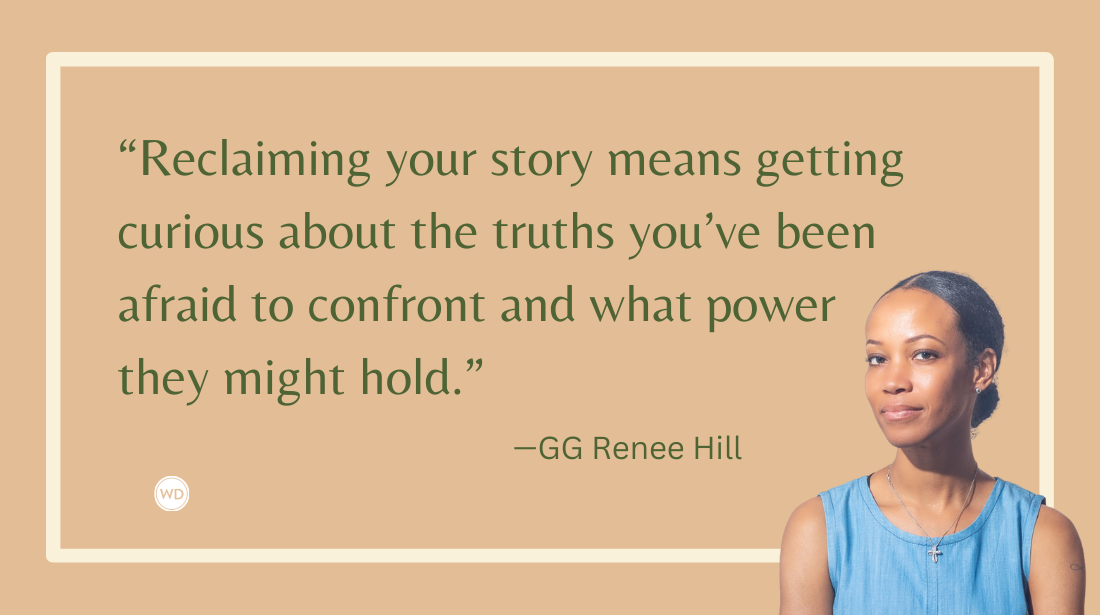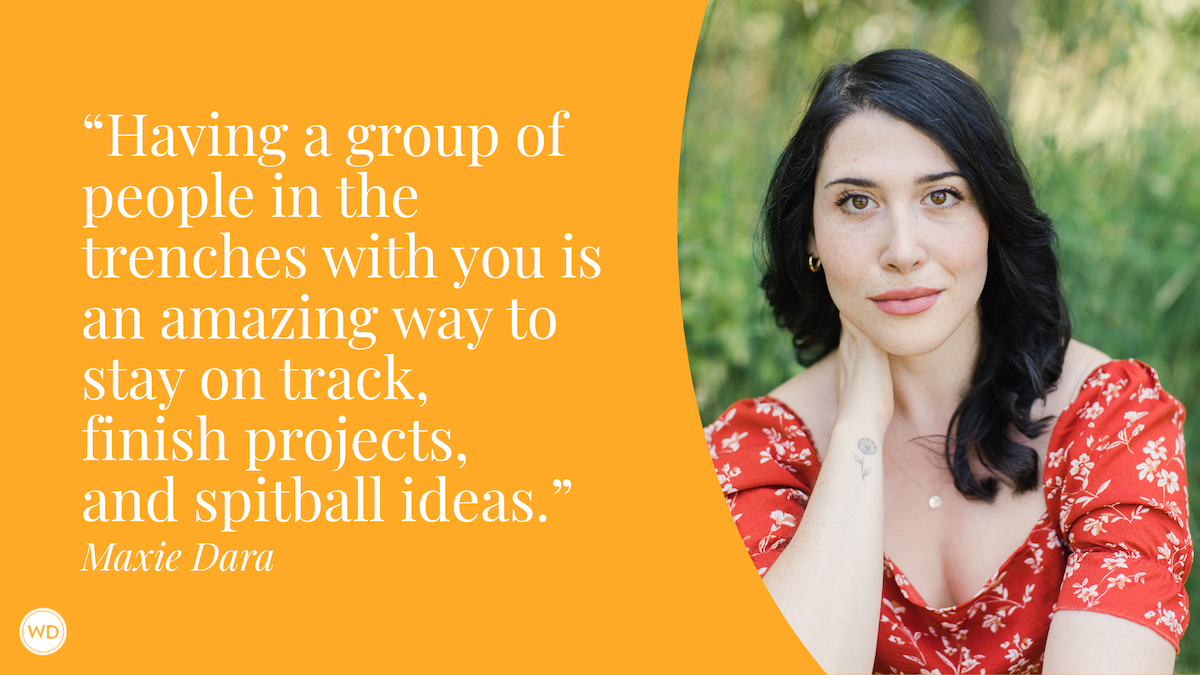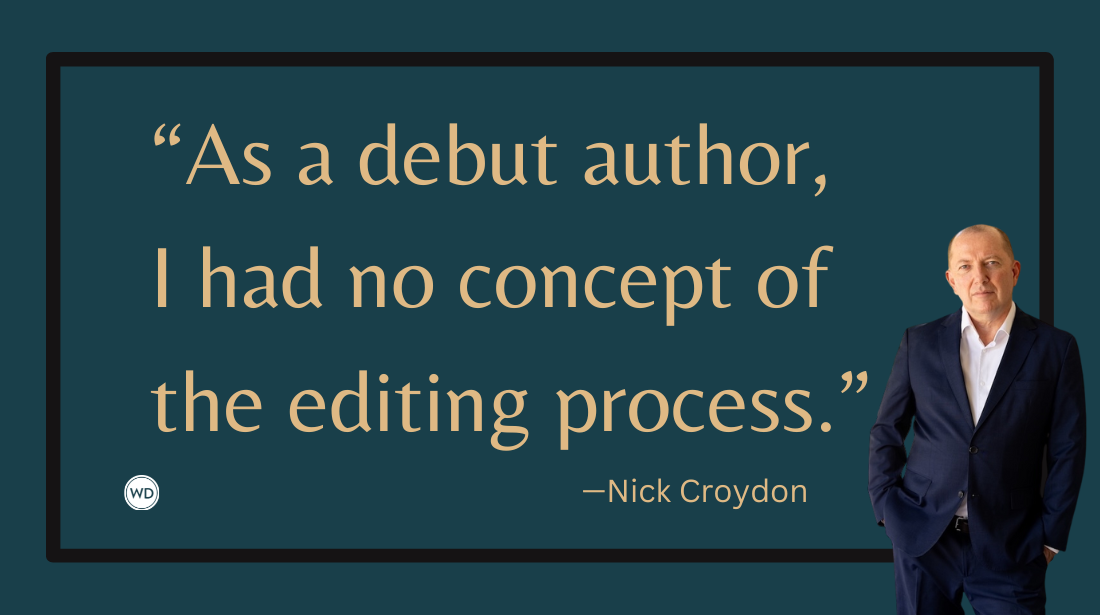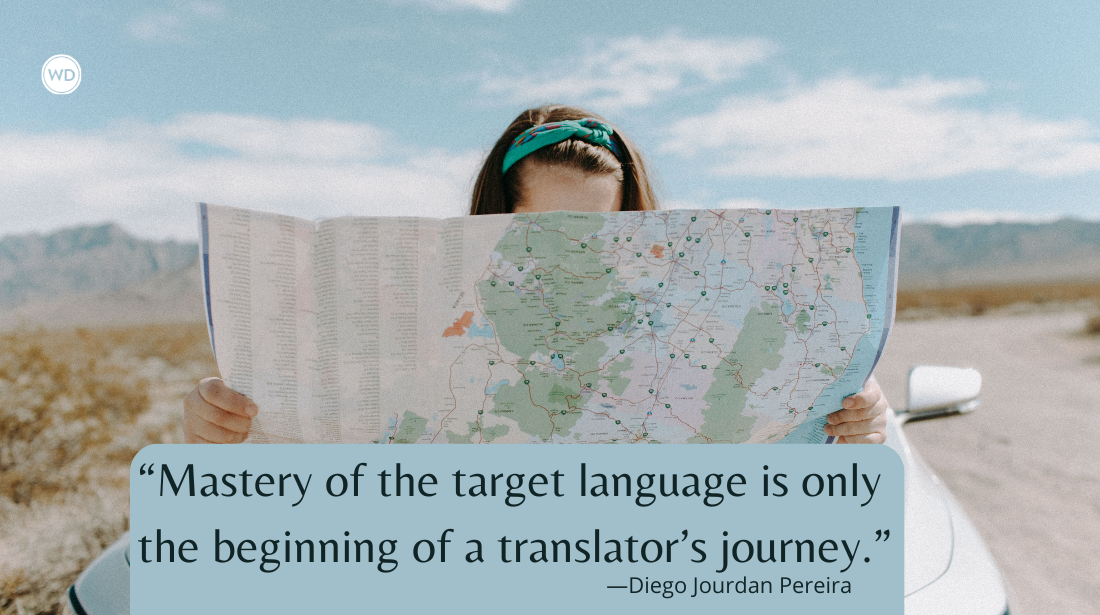Vona Groarke: On Using Multiple Genres To Tell a Story
Award-winning author and poet Vona Groarke discusses how she wrote her new multi-genre book, Hereafter: The Telling Life of Ellen O’Hara.
Vona Groarke has published 12 books, including eight poetry collections, most recently Link: Poet and World. Her Selected Poems was winner of the 2017 Pigott Prize for Best Irish Poetry Collection. A Cullman Fellow at the New York Public Library (2018-19), she has taught creative writing at the University of Manchester in the U.K. since 2007 and is currently Writer in Residence at St John’s College, University of Cambridge.
Essayist, editor, reviewer, and critic, she makes her home in rural Sligo in the west of Ireland, where she reads and writes.
In this post, Vona discusses how she wrote her new multi-genre book, Hereafter: The Telling Life of Ellen O’Hara, her advice for writers, and more!
Name: Vona Groarke
Book title: Hereafter: The Telling Life of Ellen O’Hara
Publisher: New York University Press
Release date: November 2022
Genre/category: Nonfiction / biography / poetry / history
Previous titles: Link: Poet and the World; Double Negative; Four Sides Full; Selected Poems; X; Spindrift; Lament for Art O’Leary; Juniper Street; The Deserted Village; Flight; Other People’s Houses; Shale
Elevator pitch for the book: How can you tell the story of a person’s life when the facts of it are scant? Hereafter tells such a story, thinking all the while about this question and about how the meeting point of recorded history and fictive invention can be a richly suggestive site.
IndieBound | Bookshop | Amazon
[WD uses affiliate links.]
What prompted you to write this book?
I had a Fellowship at the Cullman Center in the New York Public Library which gave me access to several archives of Irish immigrant experience. Against these records I tested family stories about my great-grandmother, Ellen O’Hara, who came from Ireland in 1882 and built a life in Manhattan, working firstly as a domestic servant and later managing her own small boarding house.
The search for her in those records and her marked absence there prompted the book. Her untold story, and the story of so many women like her, seemed fascinating to me and definitely worth exploring in a book.
How long did it take to go from idea to publication? And did the idea change during the process?
Four years from my first internet search for Ellen to publication of the book. The idea did evolve, especially over the first year as I settled on a different approach to form in the book, using poetry, lyric prose, fiction, and history to tell the story more comprehensively than would have been possible via a single genre.
Were there any surprises or learning moments in the publishing process for this title?
I’d not published a book with images before, so the protocol around that was new to me.
Also, the combination of different genres in the book posed a design challenge for the book designer who had to work out how to present and visually distinguish between, for example, a sonnet in the voice of Ellen and a quote from a historian. He did a wonderful job with slightly tricky material—I think the book looks beautiful and holds together cohesively despite its separate elements.
Were there any surprises in the writing process for this book?
There were narrative surprises, certainly: facts I’d not been told about Ellen that I was able to discover. But I’d say the main surprise for me was the character of Ellen herself: I know I conjured her from my imagination but still, being proud, argumentative, and occasionally quite sharp, she was able to constantly surprise me!
What do you hope readers will get out of your book?
While some readers will recognize elements of their own family history and female antecedents, others may appreciate its play of different approaches to storytelling. What I’m really hoping for is that readers will believe in the book’s two main characters—Ellen and the narrator—and find them plausibly true and convincingly vivid, and will enjoy meeting them.
If you could share one piece of advice with other writers, what would it be?
Consider editing as much a part of the creative process as initial composition. It was in the editing of this book that I saw how to pull its various strands together and allow the book to cohere.









